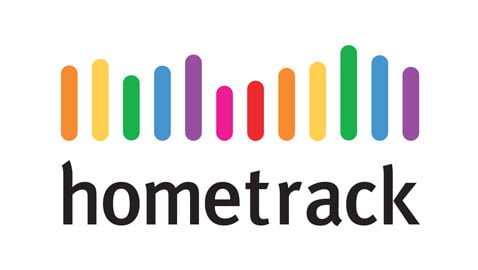
House prices increased by 0.1% in July, according to Hometrack’s July National Housing Survey.
This was a further decline in the rate of growth from 0.3% last month, and the lowest level of growth over a month since February 2013, as seasonal factors and an increasingly pronounced slowdown in the London market – where prices have stalled in July, take hold.
Demand for housing fell slightly in July, with the percentage change in new buyers registering with agents at -0.9% compared to 0% in June. The gap between overall supply and demand has narrowed sharply in the last three months, pointing to a reduction in the upward pressure on house prices; the measure of demand has moved into negative territory.
Less than a quarter of postcode districts registered a price rise in July – almost half the level seen in the spring, when 50% of markets were registering price gains.
The proportion of the asking price being achieved is starting to decline nationally, as agents find it harder to push prices ahead in the face of weaker demand. The measure is still relatively high but has fallen from 96.8% in May to 96.1%. In London it has declined more sharply from over 99% to 97.5% over the same period.
The time on the market remains flat at an average of 6 weeks nationally, but there has been a slight rise in London from a recent low of 2.7 (Mar-14) to 4.3 weeks. It’s also starting to rise in the South East, but elsewhere the downward trend continues.
The momentum of price rises in the London market has slowed dramatically in the last few months. Just 12% of London postcodes registered price gains in July. 11% of London markets actually recorded lower prices over the month.
Richard Donnell, director of research at Hometrack, said: “Seasonal factors always lead to a slowdown in demand and market activity in the summer months, but it is clear that there are bigger forces at work with a pronounced loss of momentum in the London housing market in the last three months.
“The lead indicators in the survey have pointed to a slowdown in the rate of growth for the last two months, in part due to warnings from the Bank of England and others of a possible house price bubble. Demand for mortgages has also been slowing for several months now. There’s a growing element of caution from buyers about the market outlook as the prospect of future interest rate rises looms, and the new tougher mortgage market checks implemented as part of the Mortgage Market Review (MMR) impact on demand.
“The housing market has tended to move in ‘mini cycles’ over the last few years, each spanning 18-24 months, largely on the back of changing buyer sentiment. Overall, market conditions have been strong since early 2013, as a result of pent-up demand returning to the market outside London and with buyers encouraged by low mortgage rates and the launch of Help to Buy, but it now appears that market sentiment is starting to change.
“House prices were unchanged in London over the month, the lowest monthly change for 19 months (Dec-12). Just 12% of markets registered a price rise in July with 11% of London markets registering lower prices. This is the first time in four years that London, which has long been the engine of the housing market, has a smaller proportion of markets registering price gains than in the regions.
“House price growth across the rest of the country, where price rises have been far less pronounced in recent years, could well be sustained into the autumn. While seasonal factors have impacted the level of price growth in the regions outside London, there is a slowing in the rate of growth but no evidence of any price falls.”